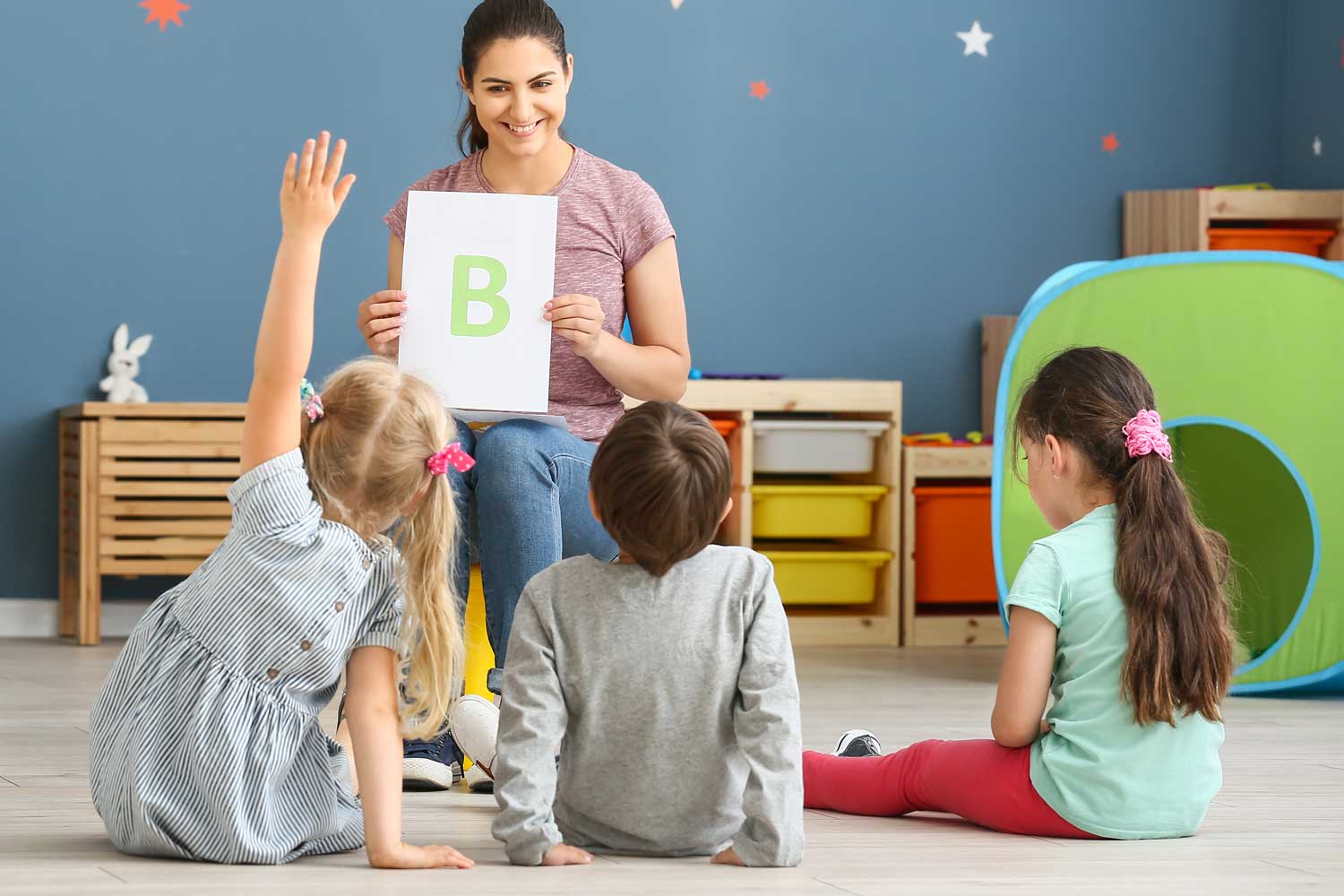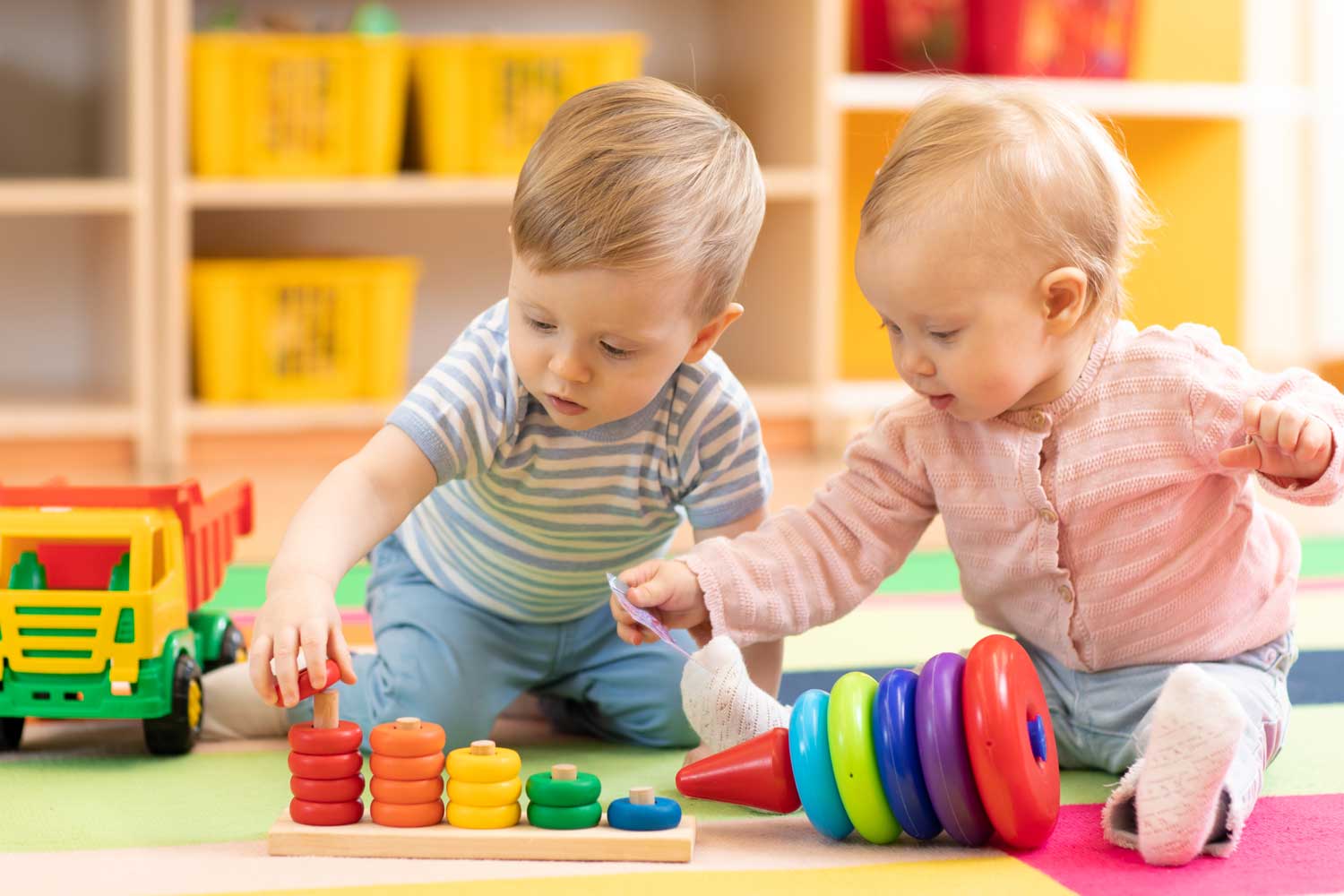Play is a natural and essential part of childhood, and it's also a powerful tool for learning and development.
Daycare centers that incorporate play-based learning understand the numerous advantages it offers to young children. In this blog post, we’ll explore the benefits of play-based learning in daycare and why it’s such a valuable approach.
Fosters Creativity and Imagination
Play-based learning encourages children to use their creativity and imagination freely. Whether it’s building with blocks, engaging in pretend play, or creating artwork, these activities stimulate the brain and allow children to explore and express themselves creatively.
Enhances Problem-Solving Skills
Play-based activities often present challenges and puzzles that require problem-solving. When children play, they learn to think critically, make decisions, and find solutions to various scenarios. These skills are invaluable in both academic and real-life situations.
Develops Social and Emotional Skills
Play is a social activity that promotes the development of crucial social and emotional skills. Through play, children learn to share, cooperate, negotiate, and take turns. They also explore and express their emotions, developing empathy and self-awareness.
Supports Language Development
Play-based learning provides rich opportunities for language development. Children engage in conversations, storytelling, and role-playing, expanding their vocabulary and communication skills. These interactions lay a strong foundation for literacy.
Encourages Exploration and Curiosity
Play-based activities invite children to explore their surroundings and ask questions. Whether they’re examining nature in an outdoor setting or conducting simple science experiments, these experiences foster a love for learning and curiosity about the world.
Builds Fine and Gross Motor Skills
Many play-based activities involve physical movement and coordination. Climbing, jumping, drawing, and manipulating objects all contribute to the development of fine and gross motor skills. These skills are essential for everyday tasks and physical development.
Makes Learning Enjoyable
Play-based learning makes education enjoyable and engaging. Children look forward to coming to daycare because they associate it with fun and exciting activities. This positive attitude toward learning can influence their entire educational journey.
Personalizes Learning
Each child is unique, and play-based learning allows for individualized experiences. Children can choose activities that align with their interests and preferences, promoting a sense of ownership over their learning journey.
Prepares for Future Academic Success
Play-based learning provides a solid foundation for academic success. It equips children with the skills they need to excel in school, including a love for learning, problem-solving abilities, and social skills that enable effective collaboration with peers and teachers.
Reduces Stress and Promotes Well-Being
Play is an enjoyable and stress-relieving activity. It allows children to relax, have fun, and reduce stress levels. This sense of well-being positively impacts their overall development and emotional health.
Conclusion
Play-based learning in daycare is not just about having fun; it’s about providing children with a rich and holistic educational experience. By embracing play as a fundamental part of the learning process, daycare centers promote creativity, problem-solving, social skills, and a lifelong love for learning. Play-based learning is not just play; it’s a pathway to holistic development and future success.




